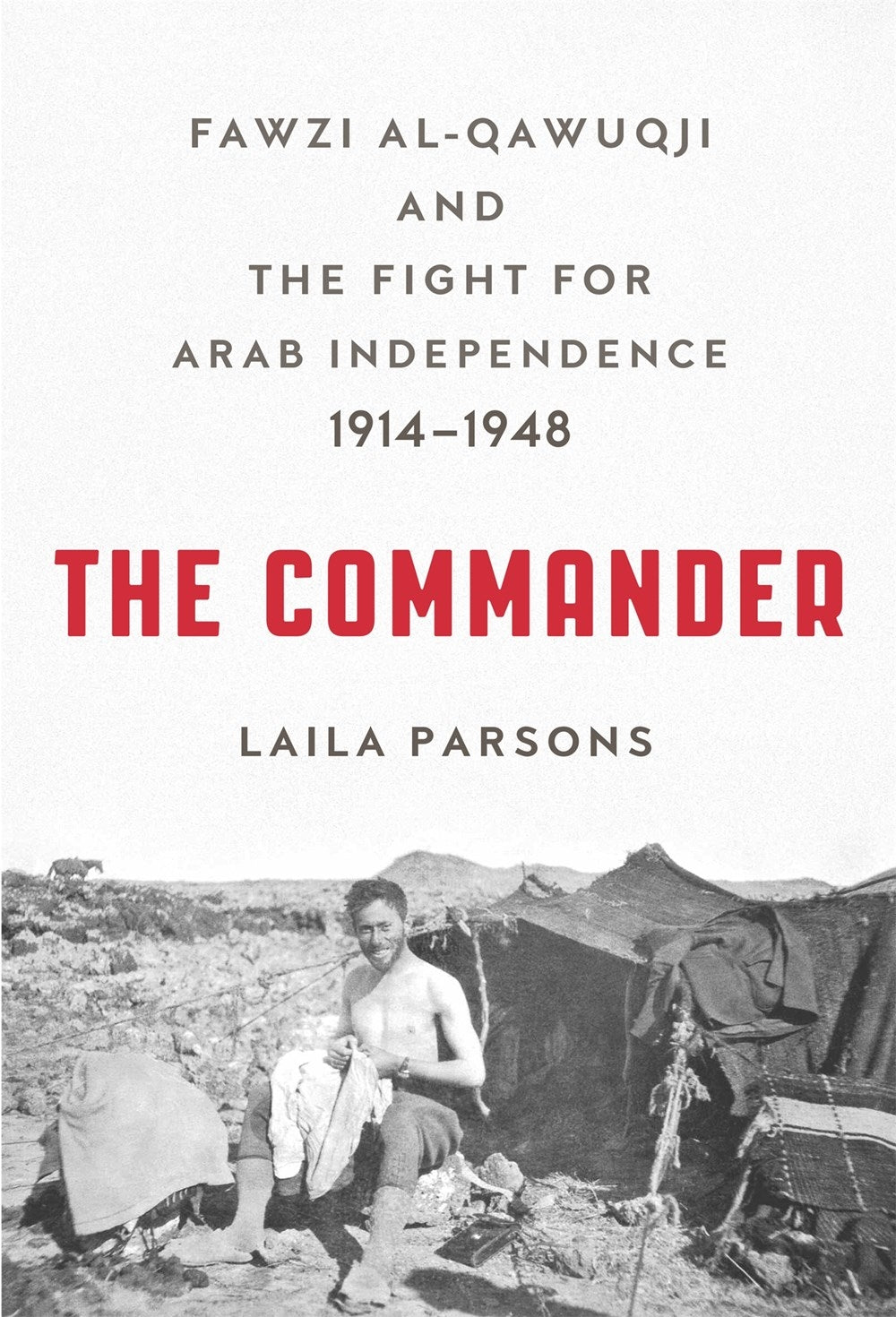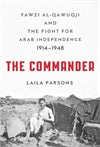Description
Discover the riveting biography of Fawzi al-Qawuqji, a pivotal figure in Arab history revered as the Arab Garibaldi. This gripping account chronicles his journey from a young officer in the Ottoman Army to a commander in the Arab-Israeli War of 1948. Uncover his experiences fighting the British in World War I, leading uprisings in Syria against French rule, and navigating the tumultuous landscape of Middle Eastern politics during a defining era. Laila Parsons meticulously details Qawuqji's strategic triumphs and failures, illustrating his relentless pursuit of Arab independence and unity amidst geopolitical turmoil. With 320 pages of historical insights and nuanced storytelling, this biography shines a light on a complex commander often judged too harshly for his decisions. Perfect for history enthusiasts and scholars alike, this definitive work provides a compelling narrative that situates Qawuqji's life within the broader context of 20th-century Arab aspirations. Note: Shipping for this item is free. Please allow up to 6 weeks for delivery. Once your order is placed, it cannot be cancelled. Condition: BRAND NEW. ISBN: 9780809067121. Year: 2016. Publisher: St Martins Press.
Note: Shipping for this item is free. Please allow up to 6 weeks for delivery. Once your order is placed, it cannot be cancelled.
Condition: BRAND NEW
ISBN: 9780809067121
Year: 2016
Publisher: St Martins Press
Pages: 320
Description:
Revered by some as the Arab Garibaldi, maligned by others as an intriguer and opportunist, Fawzi al-Qawuqji manned the ramparts of Arab history for four decades. As a young officer in the Ottoman Army, he fought the British in the First World War, and won an Iron Cross. In the 1920s, he mastered the arts of insurgency and helped lead a massive uprising against the French authorities in Syria. A decade later, he re-appeared in Palestine, where he helped direct the Arab revolt of 1936. When an effort to overthrow the British rulers of Iraq failed, he moved to Germany and spent much of the Second World War battling his fellow exile, the Mufti of Jerusalem, who accused him of being a British spy. In 1947, Qawuqji made a daring escape from Allied-occupied Berlin, and sought once again to shape his region's history. In his most famous role, he would command the Arab Liberation Army in the Arab-Israeli war of 1948.
In this well-crafted, definitive biography, Laila Parsons tells Qawuqji's dramatic story and sets it in the full context of his turbulent times. Following Israel's decisive victory, Qawuqji was widely faulted as a poor commander with possibly dubious motives. Parsons shows us that the truth was more complex: although he doubtless made some strategic mistakes, he never gave up fighting for Arab independence and unity, even as those ideals were undermined by powers inside and outside the Arab world.
Note: Shipping for this item is free. Please allow up to 6 weeks for delivery. Once your order is placed, it cannot be cancelled.
Condition: BRAND NEW
ISBN: 9780809067121
Year: 2016
Publisher: St Martins Press
Pages: 320
Description:
Revered by some as the Arab Garibaldi, maligned by others as an intriguer and opportunist, Fawzi al-Qawuqji manned the ramparts of Arab history for four decades. As a young officer in the Ottoman Army, he fought the British in the First World War, and won an Iron Cross. In the 1920s, he mastered the arts of insurgency and helped lead a massive uprising against the French authorities in Syria. A decade later, he re-appeared in Palestine, where he helped direct the Arab revolt of 1936. When an effort to overthrow the British rulers of Iraq failed, he moved to Germany and spent much of the Second World War battling his fellow exile, the Mufti of Jerusalem, who accused him of being a British spy. In 1947, Qawuqji made a daring escape from Allied-occupied Berlin, and sought once again to shape his region's history. In his most famous role, he would command the Arab Liberation Army in the Arab-Israeli war of 1948.
In this well-crafted, definitive biography, Laila Parsons tells Qawuqji's dramatic story and sets it in the full context of his turbulent times. Following Israel's decisive victory, Qawuqji was widely faulted as a poor commander with possibly dubious motives. Parsons shows us that the truth was more complex: although he doubtless made some strategic mistakes, he never gave up fighting for Arab independence and unity, even as those ideals were undermined by powers inside and outside the Arab world.


